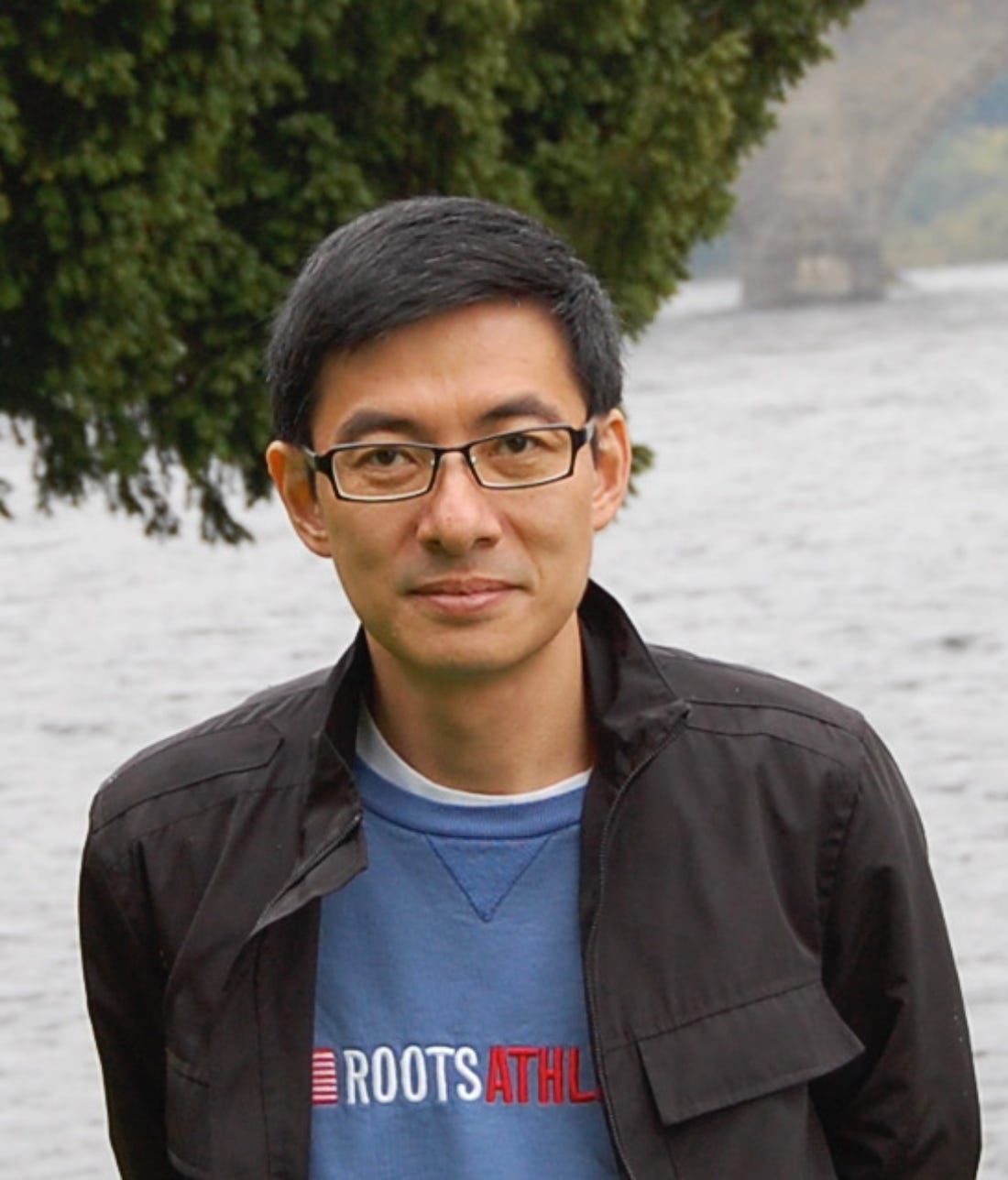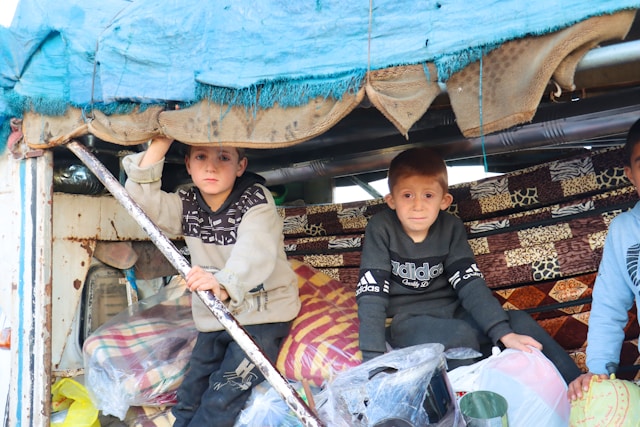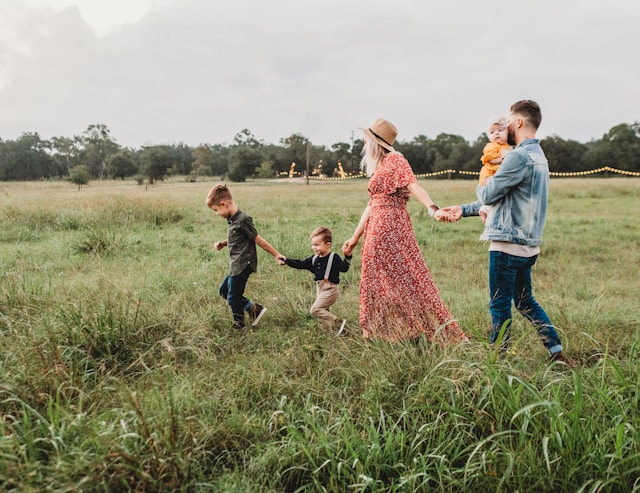The Shadows of WAR
War doesn’t just reshape borders, it reshapes lives. The scars of political upheaval, forced displacement, and survival don’t fade when the fighting stops. They echo through generations, shaping families, identities, and the way we navigate the world. History is often told through the lens of leaders and battles, but its most profound impact is found in the everyday lives of those who lived through it. The families torn apart, the survival strategies passed down, and the invisible weight of trauma carried forward.
For those who have never experienced war firsthand, it may seem like something distant, confined to history books or news reports. But for many, war is not just a past event, it is a living presence. The choices made in times of conflict don’t disappear. They embed themselves into family dynamics, personal fears, and even the way future generations define success, security, and belonging.
We often hear the term “survivor” about those who have endured war. However this doesn’t recognize what they rebuild in the aftermath. They carry the grief of what was lost, and the responsibility of moving forward. But how do these stories shape the generations that follow? How do we process inherited trauma without being consumed by it? And most importantly, how do we ensure that these histories are not lost?
A Storykeeper of Survival and Legacy
Richard Perkins Hsung’s life is a testament to the resilience of those who rise from history’s most turbulent chapters. Born in China in 1966, he was among the first teenagers to leave legally after Mao’s Cultural Revolution, forging a path that led him to earn a Ph.D. in chemistry from the University of Chicago and later serve as a professor at the University of Minnesota-Twin Cities and the University of Wisconsin-Madison until his retirement in 2022. But beyond his career in academia, his most meaningful work has been preserving the story of survival that shaped his family.

For a decade, Hsung dedicated himself to editing and completing Spring Flower (Earnshaw Books), the three-volume memoir of his mother, Dr. Jean Tren-Hwa Perkins. Her extraordinary journey—from an adopted child of American medical missionaries to a survivor of China’s brutal communist regime, an ophthalmologist, an immigrant, and a mother—is a powerful record of history, resilience, and identity. In bringing her story to life, Hsung ensures that the sacrifices, strength, and struggles of the past are not forgotten.
The Unseen Cost of Survival
For those who survive war and political upheaval, the suffering doesn’t always end when the conflict does. While the world may move on, many survivors are left carrying the invisible wounds of loss, displacement, and the weight of decisions made in impossible circumstances. Some had to leave behind loved ones, others sacrificed their dreams for survival, and many had to rebuild their entire lives from nothing. The world may see survivors as strong, but resilience often comes at a cost that few understand.
The Trauma of War Displacement
Fleeing war often means leaving behind not just a home, but an entire way of life. For refugees and immigrants who escape political turmoil, survival doesn’t end at the border. The struggle to adapt to a new country, often while grieving the loss of family, identity, and community, creates a silent form of trauma that lingers for generations. Even those who never experience war firsthand may feel its echoes in the sacrifices and struggles of their parents or grandparents.

The Unspoken Burden of Guilt
Survivors carry the burden of guilt. Why did I make it out when others didn’t? This can manifest in feelings of unworthiness, overachievement, or an inability to celebrate success. Many feel an unspoken responsibility to honor those who were lost by making the most of their new lives, yet that pressure can also be overwhelming. Generations later, this guilt may still shape family dynamics, driving a relentless pursuit of success as a way to justify survival.
The Silence That Shapes Families
Not all survivors speak about what they endured. Many choose silence over storytelling, believing that revisiting the past is too painful or that their suffering should not burden their children. But silence doesn’t erase history. It just makes its impact harder to see. Children raised by survivors may sense the weight of something unspoken, feeling its presence in the way their parents react to stress, handle emotions, or view the world. What isn’t said still gets passed down.

Survival Versus Thriving
For many who come from families shaped by war, there is a subconscious belief that life is about survival, not fulfillment. Hard work, sacrifice, and perseverance are often valued over joy, rest, or self-expression. But true resilience goes deeper than enduring hardships. It’s learning to thrive in spite of them. Recognizing this inherited mindset is the first step toward breaking the cycle and allowing future generations to live with both strength and joy.
The Legacy of Generational Trauma
War and political oppression don’t just leave physical wounds. They leave psychological ones that outlast the events themselves. Families who have lived through war often pass down fear, survival mechanisms, and deeply ingrained beliefs about safety, identity, and resilience.
Survival Instincts Passed Down
Children of war survivors often grow up with an unspoken but deeply ingrained sense of caution. They may be raised with messages about scarcity, distrust, or the need to always be prepared for the worst. These behaviors are inherited survival mechanisms. What once kept their parents alive in times of chaos may now manifest as anxiety, overachievement, or an inability to feel secure.
The Burden of Unprocessed War Grief
Many survivors of war do not openly speak about their experiences. Not because they don’t want to, but because revisiting those memories is unbearable. But silence doesn’t mean absence. Unspoken grief has a way of being felt, shaping the emotional landscapes of families even if the details remain hidden. The pain of war doesn’t end. It just changes shape.

Identity and the Pressure to Succeed
For many descendants of war survivors, there is an immense pressure to make the struggles of their ancestors “worth it”. The sacrifices made, the risks taken, and the hardships endured, can create a silent but powerful expectation: You must succeed because we suffered so you could have this life. While this can be a source of motivation, it can also create guilt, perfectionism, and a deep fear of failure.
Breaking the Cycle
Understanding generational trauma starts with recognizing patterns and choosing what to carry forward. Acknowledging these inherited fears and pressures allows individuals to consciously shape their own narratives. Healing means finding a way to honor the past without being imprisoned by it.
Healing Through Understanding
Breaking free from generational trauma means understanding it, processing it, and choosing how it shapes us. We cannot change history, but we can decide what we carry forward and what we leave behind.
Recognizing Patterns and Their Origins
Many behaviors passed down in families—perfectionism, hyper-independence, distrust, or even an aversion to risk—may not just be personality traits, but survival mechanisms inherited from past generations. Recognizing that these patterns have roots in history allows individuals to approach them with awareness rather than frustration.

Turning Trauma into Strength
The pain of the past does not have to be a lifelong burden. When we choose to acknowledge rather than suppress family histories, we gain the ability to rewrite the narrative. Instead of seeing hardship as something to escape, we can see it as something that built a foundation for the future. Healing happens when we stop running from the past and start integrating its lessons in a way that empowers, rather than limits, us.
Giving the Next Generation a Different Story
Each generation has the power to shape the experience of the next. Those who come from families affected by war and political upheaval have the opportunity to create new traditions, ones built on resilience, yes, but also on joy, purpose, and a sense of safety that was denied to those before them. This doesn’t mean erasing history, but rather reshaping the way it influences the present.

The Power of Acknowledgment
Healing comes from making peace with the past. When we take the time to understand where we come from, we gain the ability to shape where we’re going. Acknowledging generational pain doesn’t make us weak. It makes us stronger, because it allows us to build a future that honors the sacrifices of the past without being bound by them.
The Power of Preserving Family Stories
In the face of war and political upheaval, personal histories are often lost. Entire cultures, traditions, and family lineages can disappear within a single generation if they are not actively preserved. But memory is resistance. To remember is to reclaim.
The Role of War Memoirs and Oral Histories
One of the most powerful ways to keep history alive is through storytelling. Memoirs, oral histories, and recorded conversations ensure that the experiences of those who lived through conflict are not erased. These personal accounts provide a human perspective that textbooks and official records often fail to capture.

Understanding the Past to Shape the Future
Documenting family history may seem nostalgic, but it’s imperative to understanding what past generations endured and gives insight into why families function the way they do today. It helps individuals understand their own fears, ambitions, and inherited worldviews, providing a roadmap for healing.
Shifting the Narrative from Trauma to Strength
While war stories are often filled with loss, they are also filled with resilience, survival, and unimaginable strength. Sharing these histories reframes them, not as stories of victimhood, but as stories of perseverance. It allows new generations to see themselves not just as descendants of suffering, but as the continuation of resilience.

Honoring the Stories That Almost Didn’t Survive
Every family has stories that almost never get told. Perhaps they are too painful. Maybe there is fear of judgment. Perhaps time simply erased them. But when we actively seek out and preserve these histories, we ensure that the struggles and triumphs of those who came before us are not forgotten. Their pain, their resilience, their survival all becomes part of the foundation for future generations.
The TAKEAWAY
War reshapes everything—landscapes, governments, families—but its most lasting impact is the way it rewrites personal histories. The trauma, resilience, and survival of those who lived through it don’t simply disappear. They are carried forward in ways both seen and unseen. Whether through silence or storytelling, through fear or through strength, the past does not stay in the past. It lives within us. The question is: how do we carry it? Do we let it define our future, or do we find a way to honor the past while forging our own path?
Understanding where we come from gives us the perspective to see how history has shaped our choices, our fears, and our ambitions. When we recognize the struggles and sacrifices that brought us here, we can decide what lessons to keep and what cycles to break. We are not just the descendants of trauma. We are the continuation of resilience, the next chapter in a story of survival and reinvention. Acknowledging the past allows us to step forward with clarity and purpose.

History will always echo, but we decide how it shapes our lives today. We can let it be a weight that keeps us tied to old wounds, or we can allow it to be a foundation from which we build something stronger. The experiences of those who came before us don’t dictate our future—they inform it. Resilience is more than mere survival.


